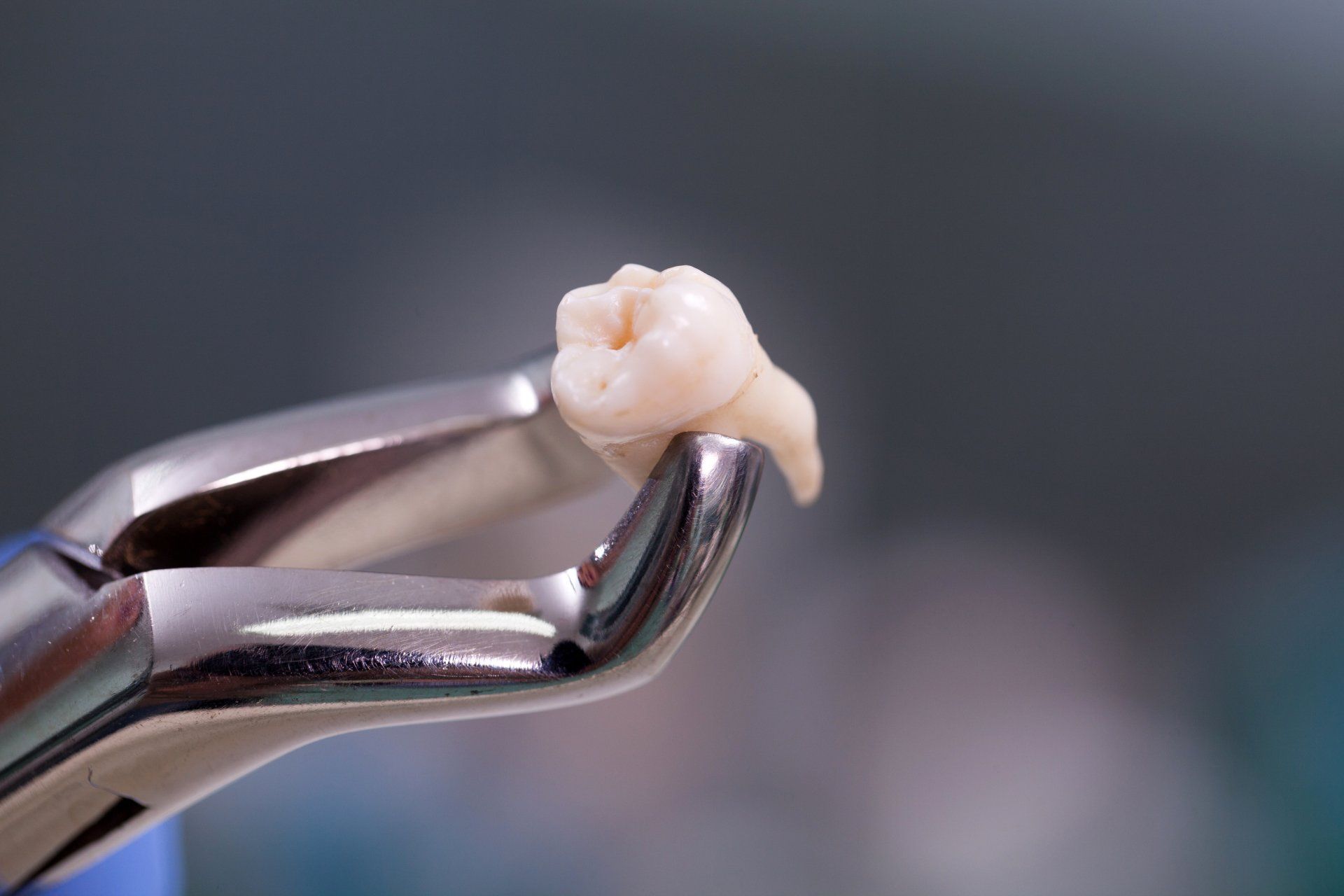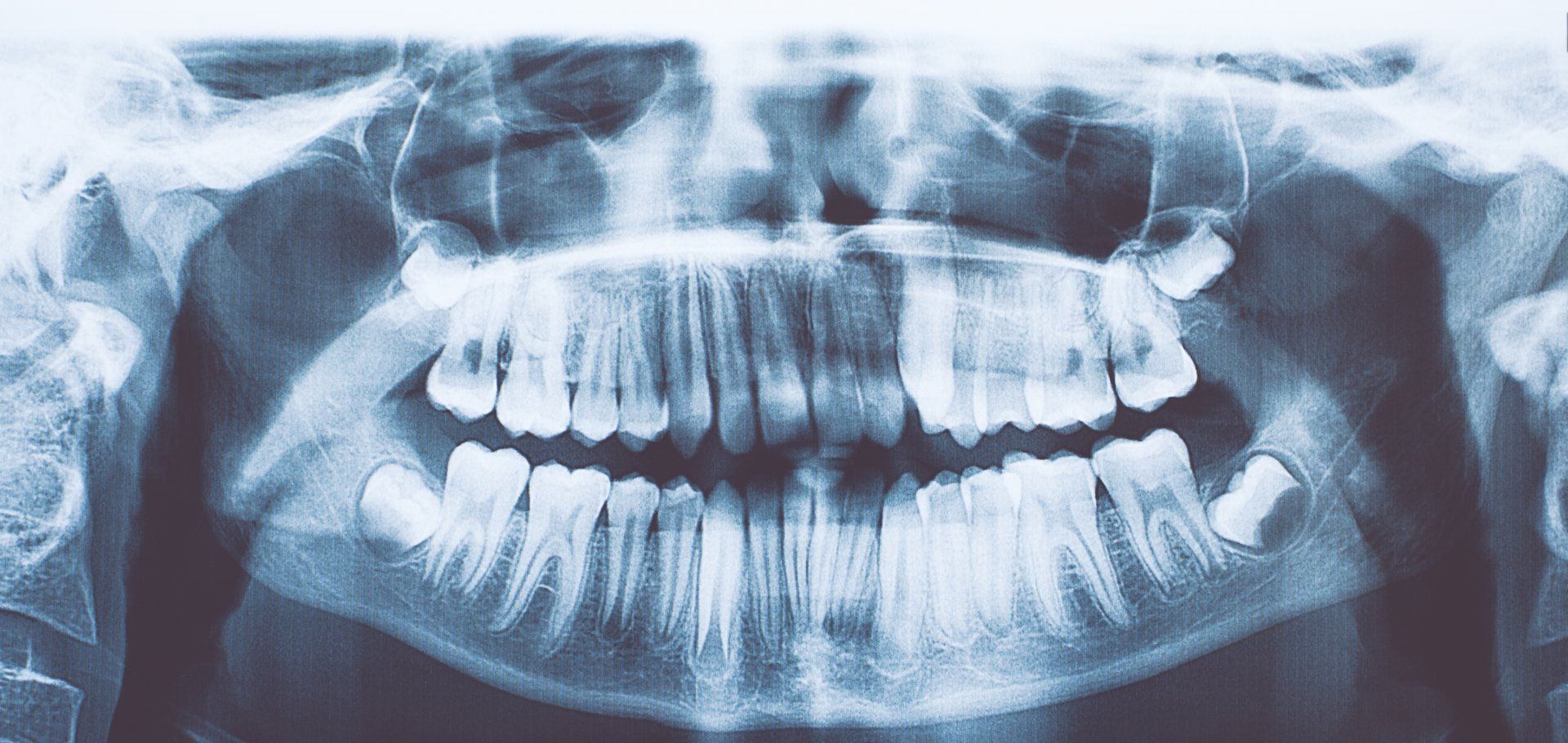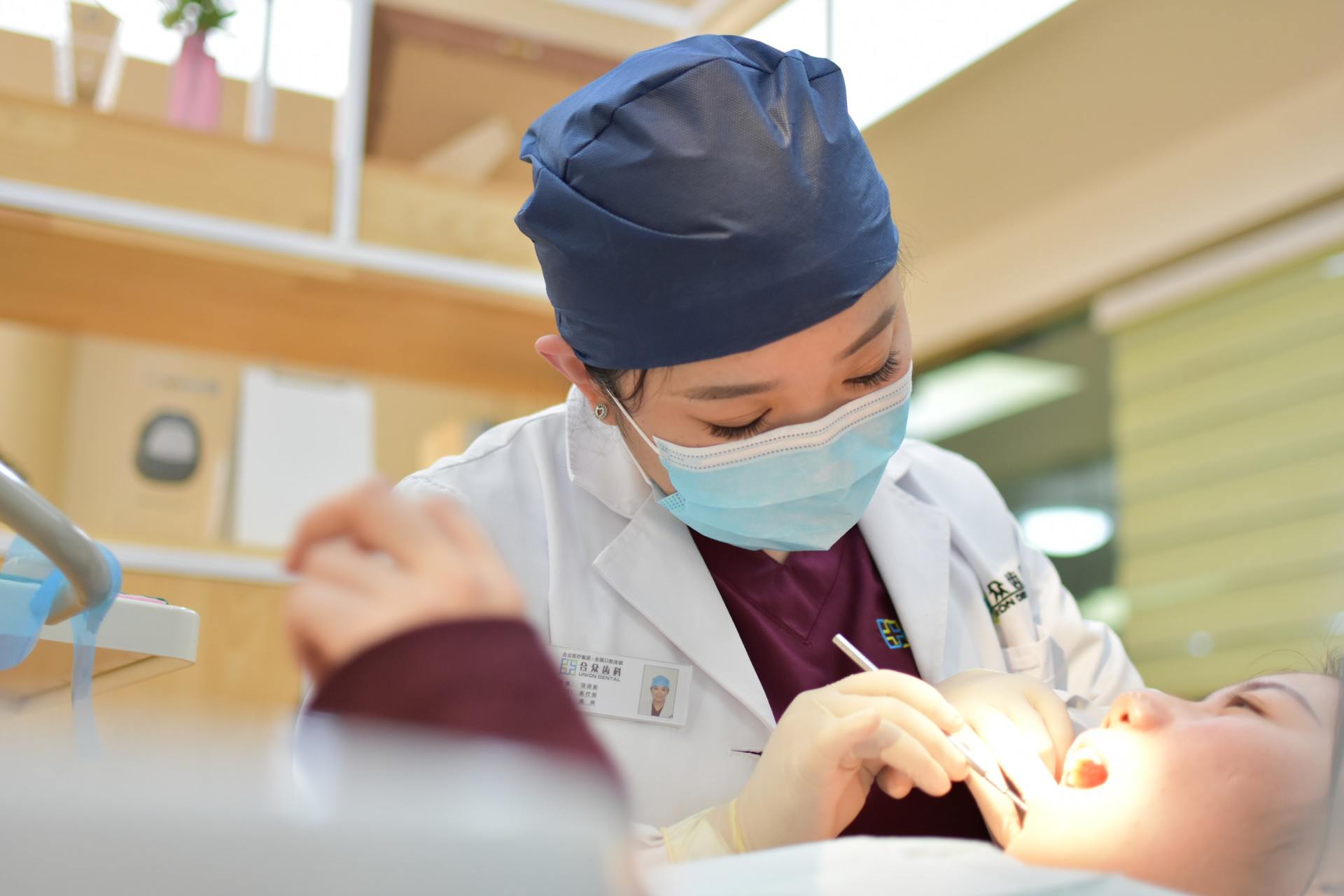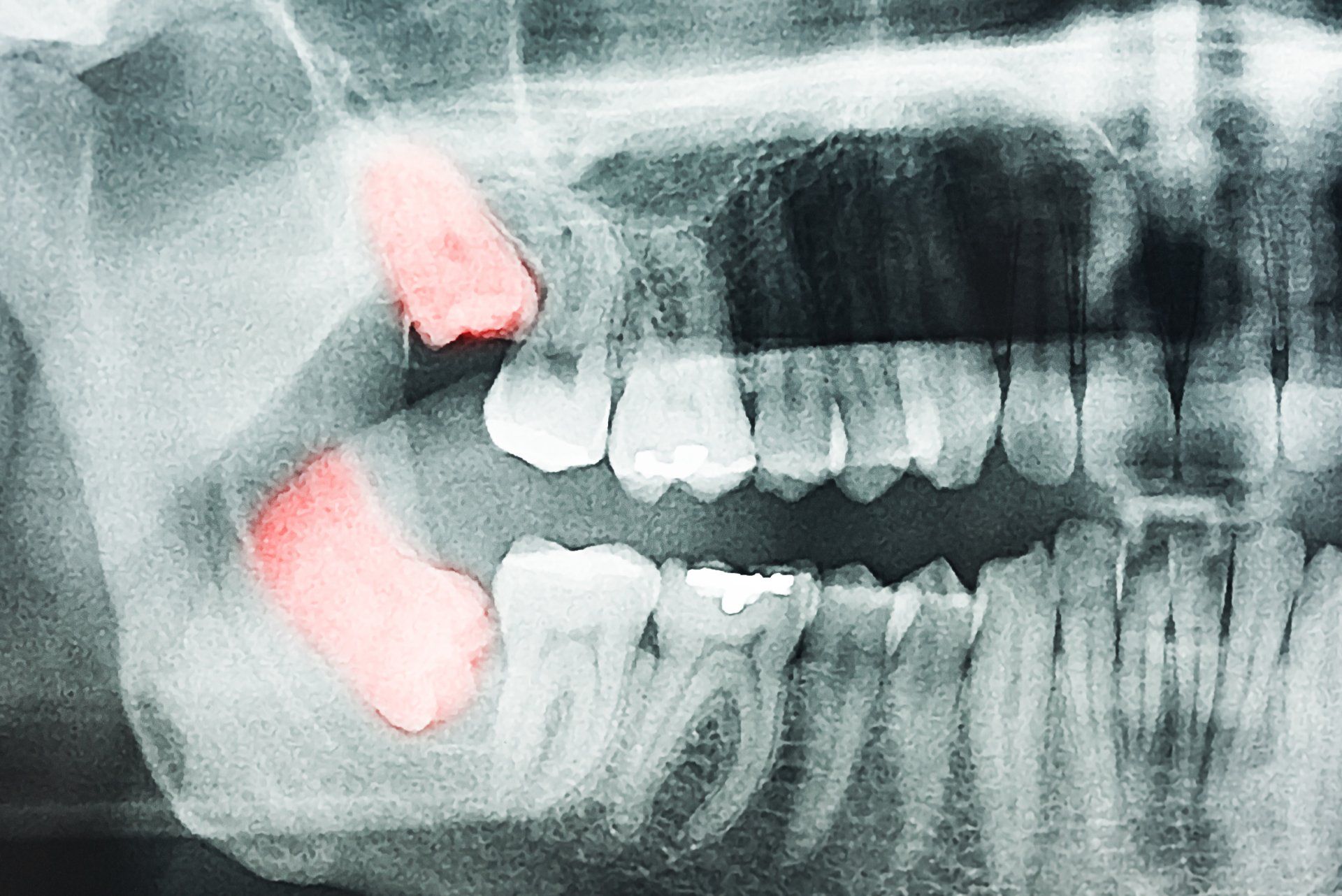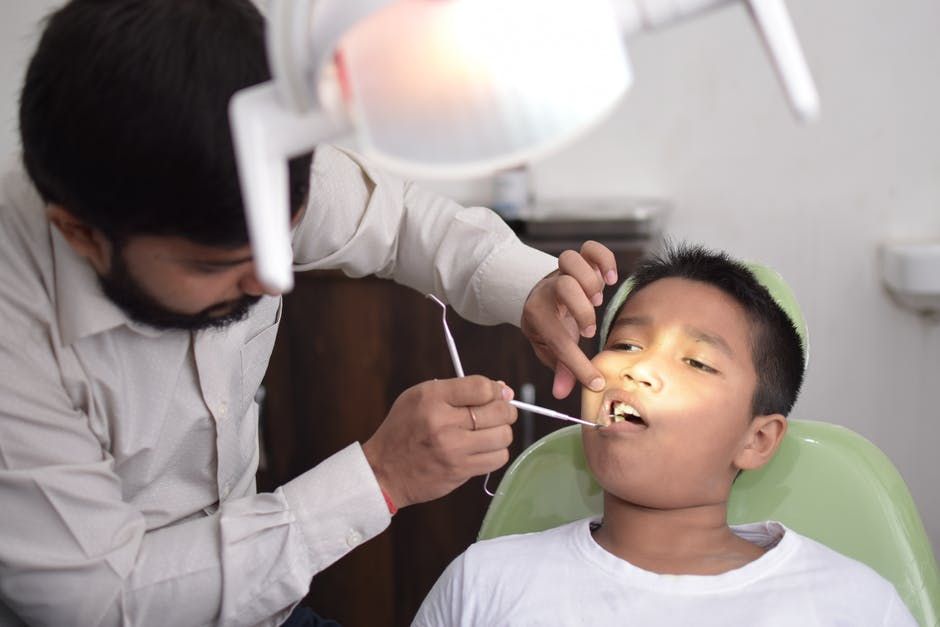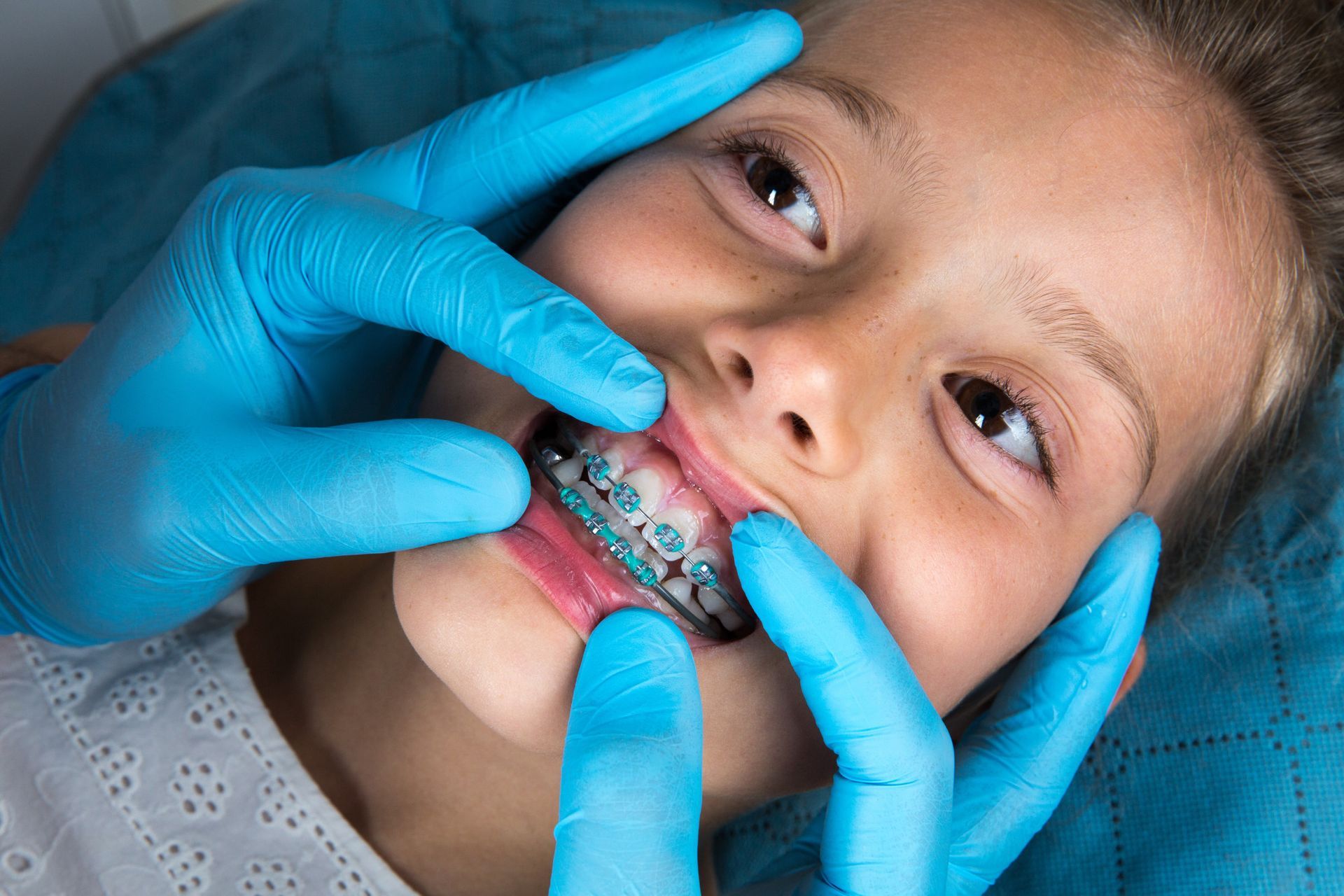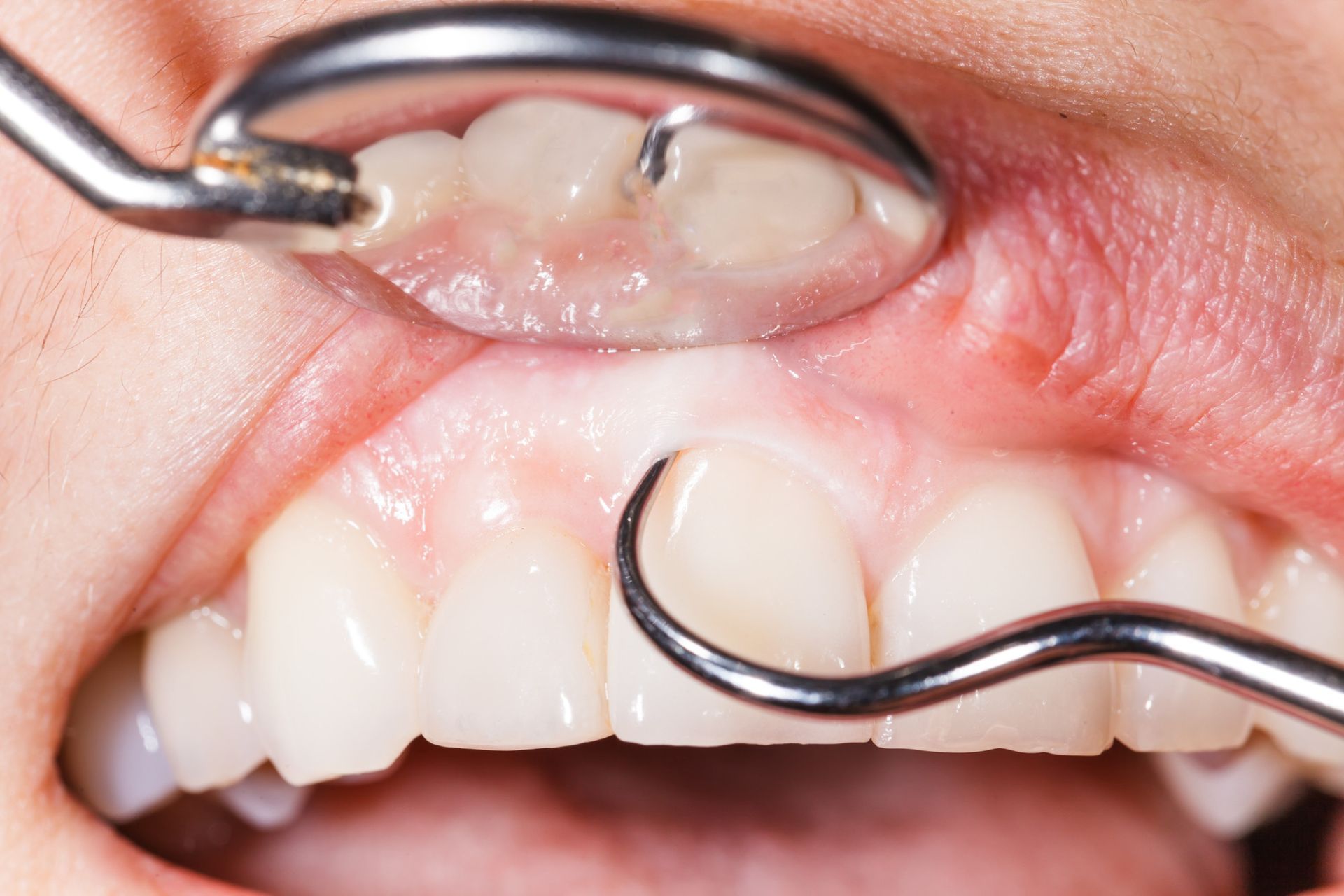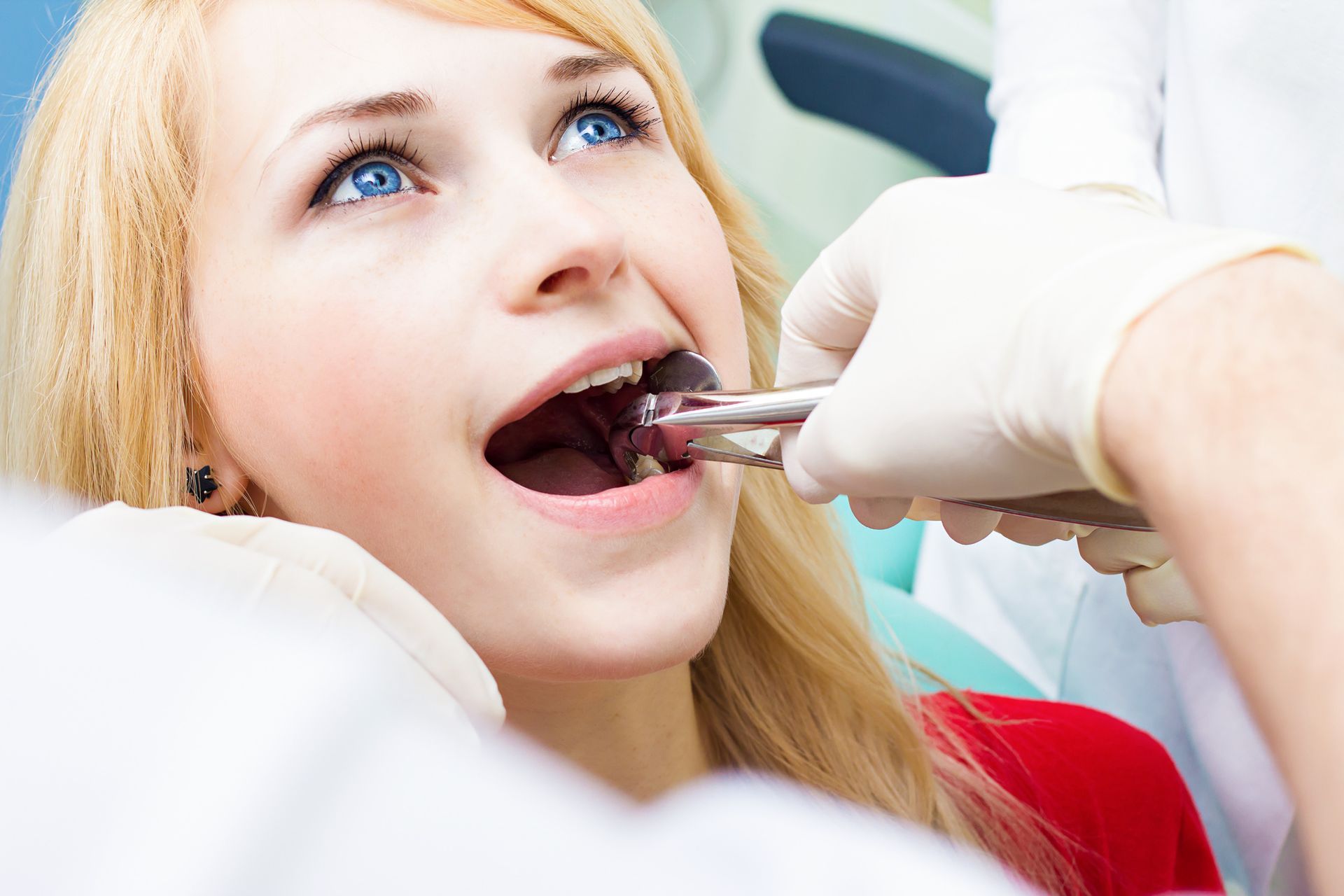6 Practical Tips for Dealing with Teeth Whitening Sensitivity
December 26, 2019
Most people love to sport pearly white smiles. Because of this, teeth whitening procedures is one dental work that many individuals resort to. Not only does it make your teeth sparkly white, but it also improves your smile and boosts your overall confidence.
Teeth whitening is a relatively simple dental procedure that can be pulled off at a dental office or even at home. The only problem is that after the application, you may experience teeth sensitivity. If you aren't used to it, you may feel some pain, particularly as a response to cold air or water.
Although the exact cause of tooth sensitivity is still vague, it is often attributed to properties of peroxide, which is an active ingredient in most tooth whitening products. It is believed to cause irritation or inflammation, which leads to a tingling sensation or cold sensitivity.
Fret not, however, as there are many practical ways to remedy teeth sensitivity. Below are six practical tips on how you can deal with teeth sensitivity after a teeth whitening procedure.
1. Follow the dentist's instruction
It is vital that you follow the instructions of your dentist whenever facing teeth sensitivity. When you have your teeth whitening treatment at a dental office, seek professional advice from your dentist right after and make sure to follow the instructions provided. If you perform the teeth whitening treatment at home, check the manufacturer's instructions and follow them entirely.
2. Take Advil or Aleve.
It's best to take pain medications such as Advil or Aleve before the teeth whitening treatment, as they are meant to reduce the symptoms. You can also check if your product has a lower peroxide level (six to ten percent) because you don't want to end up miserable by using a product with high levels of peroxide. To ease the pain after the treatment, make sure that you take medications beforehand.
3. Limit cold foods and beverages.
Keep in mind that you should also limit your intake of cold foods and beverages after whitening procedures. Although your teeth may not be sensitive in normal temperature conditions, teeth whitening can exasperate sensitivity issues, so you should be wary of what you eat and drink.
4. Don't overuse whitening products.
If you have just undergone teeth whitening treatment, you should stop using whitening products. Know that if these products are used in excess, they have the potential to make your teeth very sensitive or, worse, damage them.
5. Brush and floss your teeth gently.
After the teeth whitening treatment, remember to brush and floss your teeth with gentle strokes. As much as possible, make sure to use a soft-bristled brush as it is gentler on your teeth and gums. Doing so will help cut back on your symptoms of tooth sensitivity.
6. Check with your dentist.
After the treatment, you may ask your dentist about desensitizing products that can be applied to your teeth. These products have been known to be effective at reducing sensitivity. Know that the tooth sensitivity with whitening is very common and is expected to last from 24 to 48 hours. If your sensitivity issues persist or worsen, however, always inform your dentist immediately.
// Final words
Teeth sensitivity can be a little bit debilitating. If sensitivity occurs after your teeth whitening procedure, simply follow the six techniques mentioned above. Teeth whitening ought to give you that perfect smile. At the same time, however, the teeth sensitivity should also be properly managed.
If you’re looking for a local dentist to help you improve your dental health,
get in touch with us today to see how we can help!
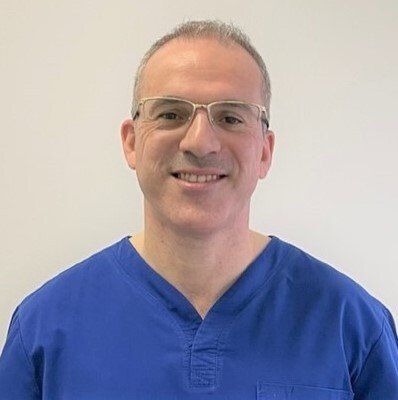
Dr. Ehab Daas
Meet your doctor
Dr. Ehab is a passionate dentist with 15 years of dental experience. He received his D.D.S in 1997, and has practiced dentistry for 6 years since then. Immediately after that, Dr. Da'as moved to Paris to get his Orthodontics and Prosthodontic diploma's in which he specialized in fixed bridges and crowns. He graduated from France with remarkable achievements in 2005, and went on to work for 9 years, focusing on difficult orthodontics cases and satisfying his ortho patients. Dr. Ehab moved to Canada in 2014 to continue his career, where he is proud and extremely honoured to provide his patients with the highest quality service.
Learn More

